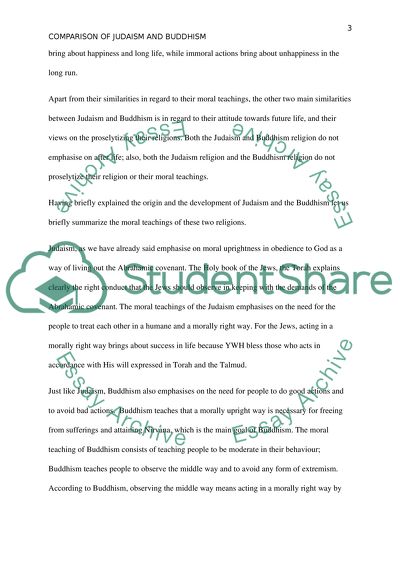Cite this document
(“Comparative Essay Example | Topics and Well Written Essays - 750 words - 4”, n.d.)
Retrieved from https://studentshare.org/religion-and-theology/1692671-comparative-essay
Retrieved from https://studentshare.org/religion-and-theology/1692671-comparative-essay
(Comparative Essay Example | Topics and Well Written Essays - 750 Words - 4)
https://studentshare.org/religion-and-theology/1692671-comparative-essay.
https://studentshare.org/religion-and-theology/1692671-comparative-essay.
“Comparative Essay Example | Topics and Well Written Essays - 750 Words - 4”, n.d. https://studentshare.org/religion-and-theology/1692671-comparative-essay.


